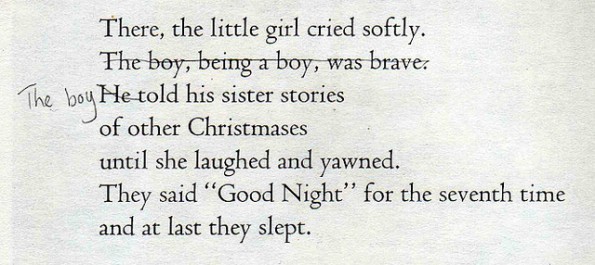The Upgrade is the follow up to Paul Carr’s Bringing Nothing to the Party, to which I gave a qualified positive review a few months ago:
This clearly isn’t a heavy-weight, profound, life-changing book, but it has no pretentions in that direction. It’s a short, fun and funny autobiographical tale, which I thoroughly enjoyed.
Compared to Bringing Nothing to the Party, I found The Upgrade to be a hard slog. The book essentially continues Carr’s autobiographical tale, picking up where the previous volume left off. Carr reaches the realisation that rental prices in London are exceptionally high, and that he could likely live in hotels for less. And so, he commits himself to a nomadic lifestyle in which he travels the world living in hotels. This book is advertised as his guide to following in those footsteps.
Of course, few people have a job or lifestyle that would be conducive to travelling the world on a whim. Carr himself acknowledges this in the book, pointing out that most other self-help books also offer solutions that work only within the context of the author’s life. And yet, Carr doesn’t really offer much insight, either. His oft-repeated guide to getting cheap rates in a hotel comes down to three points:
- Claim to be a journalist and ask for the uber-secret “media rate”, even if this involves going via the hotel’s PR firm.
- Stay for a long time – preferably over a month – and negotiate a long-stay discount.
- Travel out of season, and charge your friends to visit you.
If the existence of any of these three methods of obtaining cheap hotel stays comes as a surprise, then perhaps you’ll enjoy this book more than me. It’s also worth pointing out that Paul’s travels “around the world” consist almost exclusively of staying in a handful of cities in the US, and a handful of villages in Europe.
So, discounting the useless self-help angle, we’re left with an autobiographical tale. Unfortunately, the story is one of an increasingly unlikeable self-obsessed character becoming an alcoholic and spending every night getting drunk, to the extent that he cannot remember his actions the following morning. Imagine the following sequence on a loop:
- Paul goes to a party full of beautiful women and gets blind drunk.
- Paul wakes up (often naked and in public) and cannot remember the previous night.
- Paul discovers that he has offended someone with his drunken behaviour.
- Paul attempts to make amends – with “hilarious” consequences!
This cycle becomes rapidly very dull indeed.
On a stylistic note, Carr is a heavy user of the “amusing” footnote. I’m not a fan of the use of footnotes for content (as opposed to references) at the best of times. I often think it’s indicative of poorly structured writing, as though the writer is unable to adequately structure their thoughts in such a way as to incorporate asides into the main body of their work, expand upon them, or edit them out.1 You may draw your own conclusions on my opinion of footnotes like Carr’s:
*Okey-dokey
*I shit you not!
†Really, I shit you not!
Unfortunately, this use of “amusing” footnotes is becoming more and more common of late – though I’m not entirely sure of the reasons for it. I recently reviewed Richard Bacon’s book, A Series of Unrelated Events, and this suffered from exactly the same problem.
Part of the attraction of Bringing Nothing to the Party was getting the inside story on the development of some of the dotcom bubble’s hottest properties. Upgrade has none of this, as Paul writes almost exclusively about his own flagging career as a freelance writer and blogger. This career does not make for interesting reading.
Despite all that is wrong with this book, there is a feel-good uptick at the end. This may be a spoiler. Carr has an epiphany, realises he is an alcoholic, and begins abstaining. Unfortunately, this interesting development is where the book – frustratingly – ends. Had this been the start, I think the book would likely have been an altogether more interesting prospect.
As it stands, however, the surprising ending and occasional half-decent pun are not sufficient counterbalance to improve an otherwise poor volume. In essence, this book recounts a dull, repetitive tale with little to say, and few insights to offer.





The Upgrade is available now from amazon.co.uk in paperback and on Kindle.
1My own occasional tedious use of footnotes proves this rule.



